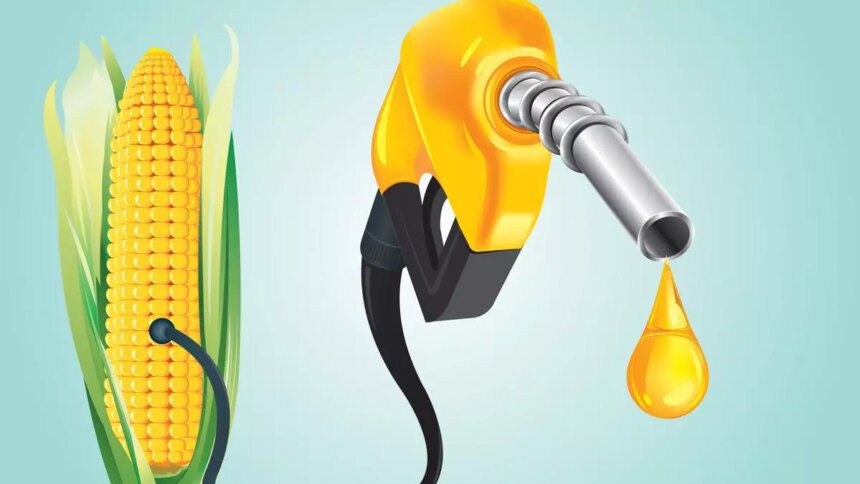The Cabinet Committee on Economic Affairs (CCEA) has approved a 3 per cent increase in the price of C Heavy Molasses (CHM) for the ethanol supply year 2024-25 (November-October). The new price will be ₹57.97 per litre, up from ₹56.58 previously. There is no change in the prices of ethanol from maize, which will remain at ₹71.86 per litre. The price for ethanol from sugar cane juice/syrup will be ₹65.61, for damaged foodgrain (rice) it will be ₹64, and for renewable fuel from B-Heavy molasses it will be ₹60.73 per litre. The price for ethanol from FCI’s subsidised rice will stay at ₹58.50 per litre.
CHM contains minimal sugar and is the final product of processing in the sugar industry.
The government stated that this approval will ensure price stability and provide remunerative prices for ethanol suppliers while also reducing dependency on crude oil imports, saving foreign exchange, and benefiting the environment. GST and transportation charges will be separately payable in the interest of sugarcane farmers. The 3 per cent increase in CHM Ethanol prices will ensure sufficient availability of ethanol to meet the increased blending target.
The decision may have been influenced by the lower sugar production estimate of the All-India Sugar Trade Association, as there is a concern over the availability of closing stock. By not increasing ethanol prices made from syrup and B-Heavy molasses (BHM), the government may aim to boost sugar production, as there is no sugar content in C-Heavy molasses.
The government has been implementing the Ethanol Blended Petrol (EBP) Programme, where Oil Marketing Companies (OMCs) sell petrol blended with ethanol up to 20%. This program promotes the use of alternative and environment-friendly fuels, reduces import dependence for energy requirements, and supports the agriculture sector. Ethanol blending by Public Sector OMCs has resulted in significant foreign exchange savings and crude oil substitution over the last ten years.
The government has advanced the target of reaching 20% ethanol blending in petrol from early 2030 to the 2025-26 ethanol supply year. The government is taking various steps to achieve this target, including increasing ethanol distillation capacity, promoting ethanol plants in deficit states, encouraging the conversion of distilleries, and launching flexi fuel vehicles. These initiatives contribute to the ease of doing business and support the objectives of Atmanirbhar Bharat.
Overall, the approval of the 3% increase in CHM Ethanol prices and the government’s efforts towards ethanol blending in petrol demonstrate a commitment to reducing crude oil imports, saving foreign exchange, and promoting environmentally friendly fuels in India.










